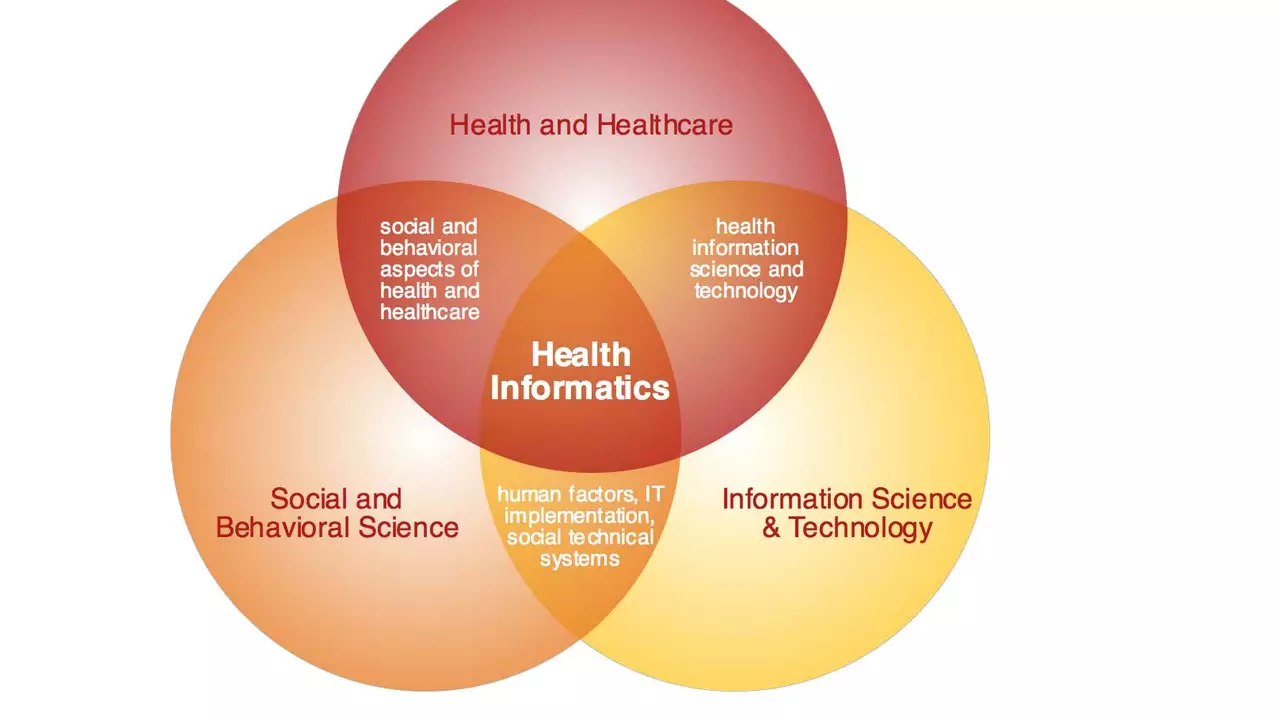Understanding Public Health
As someone who is passionate about health, I often find myself wondering about what those who study public health actually do. Public health is a fascinating field that encompasses a wide range of disciplines. From epidemiologists who track diseases to health educators who work with communities to improve their health, there's a lot to unravel. In this article, we'll dive deep into the world of public health and learn about the roles that these professionals play in our society.
The Role of Epidemiologists
When you hear the term 'public health', one of the first roles that probably comes to mind is that of an epidemiologist. These are the folks who study the patterns, causes, and effects of health and disease conditions in defined populations. They are the disease detectives, working diligently to understand how and why diseases spread, and what can be done to prevent them. It's a job that requires a sharp analytical mind, as well as a deep understanding of biology and public health principles.
Health Educators and Their Impact
Another critical role in the public health sector is that of health educators. These professionals focus on helping communities and individuals improve their health by promoting wellness and encouraging healthier lifestyles. They might work on campaigns to promote physical activity, healthy eating, or regular health check-ups. It's a role that requires excellent communication skills, as well as a deep understanding of health and human behavior.
Environmental Health Specialists at Work
Environmental health specialists play a crucial role in public health by focusing on how the environment impacts our health. They might study the effects of pollution, climate change, or exposure to certain chemicals. They also work to create policies and initiatives that promote a healthier environment. This role requires a solid understanding of both health and environmental science.
The Work of Health Services Administrators
Health services administrators are the people who manage our health services, from hospitals to clinics to public health departments. They work to ensure that these services are running efficiently and effectively, and that they are meeting the needs of the population. This role requires strong leadership and management skills, as well as a deep understanding of health systems and policy.
Exploring the Role of Biostatisticians
Biostatisticians use their skills in statistics to analyze and interpret complex health data. They play a crucial role in research and policy-making, helping to understand trends and make predictions about health outcomes. This role requires a strong background in mathematics and statistics, as well as a solid understanding of public health principles.
Public Health Nutritionists and Their Role
Public health nutritionists focus on promoting good nutrition in the population. They might work on campaigns to promote healthy eating, or they might work on policy initiatives to improve access to healthy food. This role requires a deep understanding of nutrition, as well as strong communication skills.
The Role of Social and Behavioral Scientists
Social and behavioral scientists study the social and behavioral factors that impact health. They might study how socioeconomic status, culture, or behavior can impact health outcomes, and they work to develop interventions to promote healthier behaviors. This role requires a deep understanding of sociology and psychology, as well as public health principles.
The Importance of Public Health Professionals
Public health professionals play a crucial role in our society, working tirelessly to promote health and prevent disease. From epidemiologists to health educators to environmental health specialists, these professionals are the backbone of our health system. They work behind the scenes to ensure that we live in a society where health is a priority, and for that, we owe them our gratitude.
